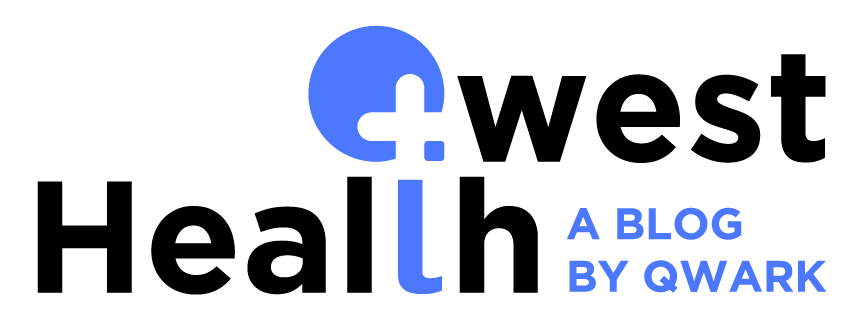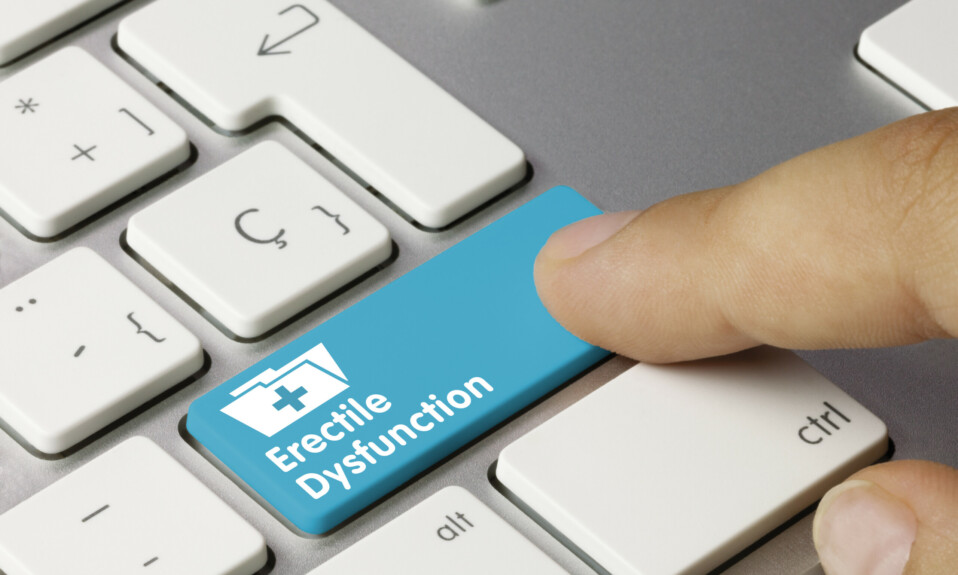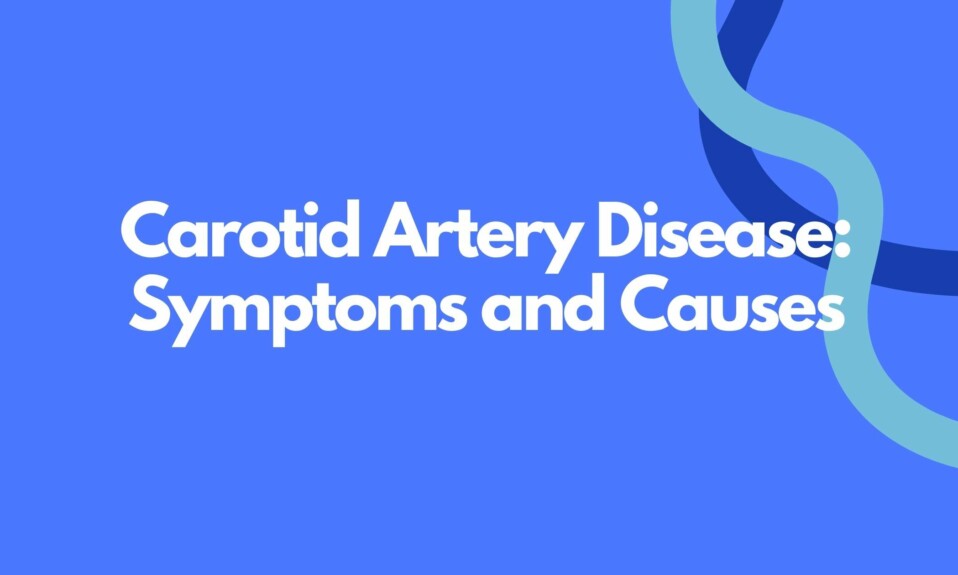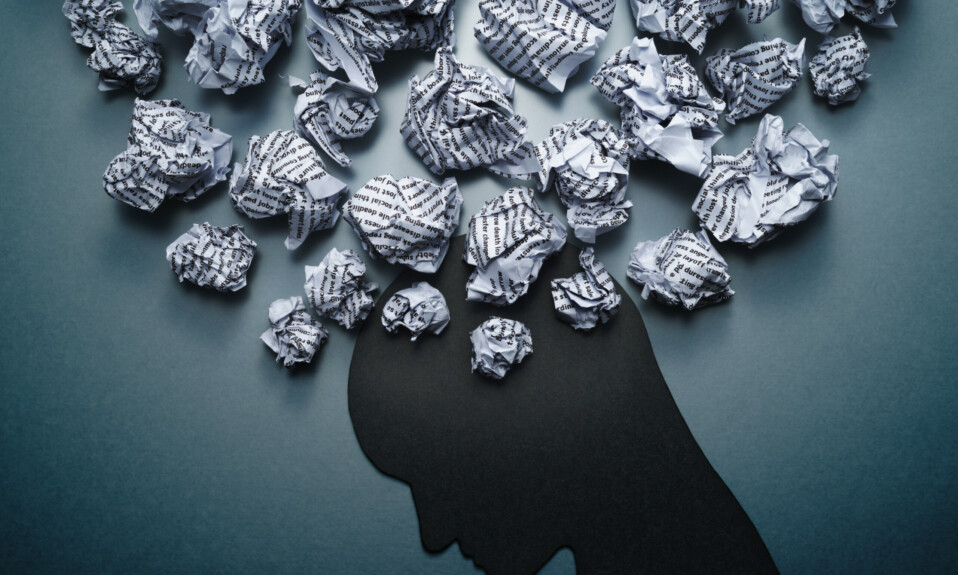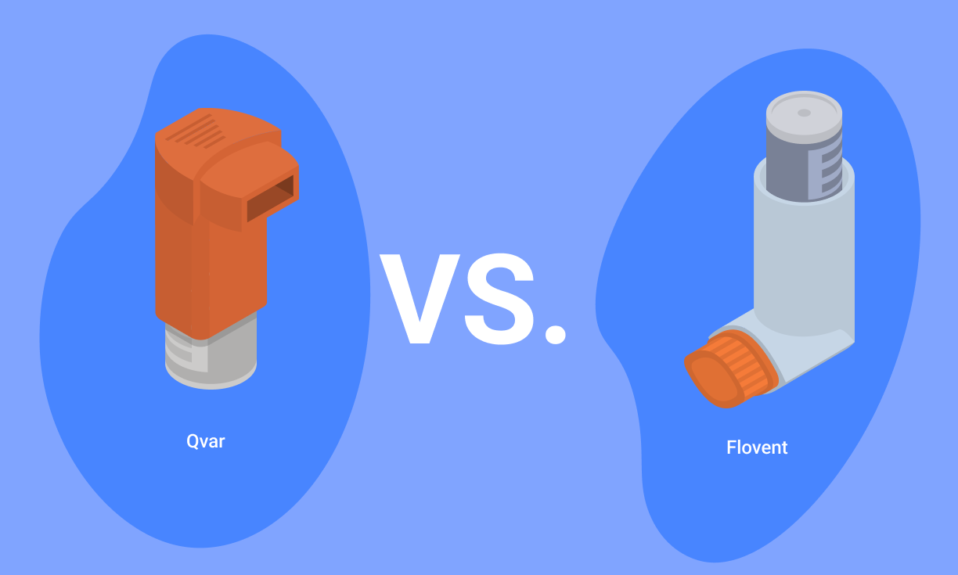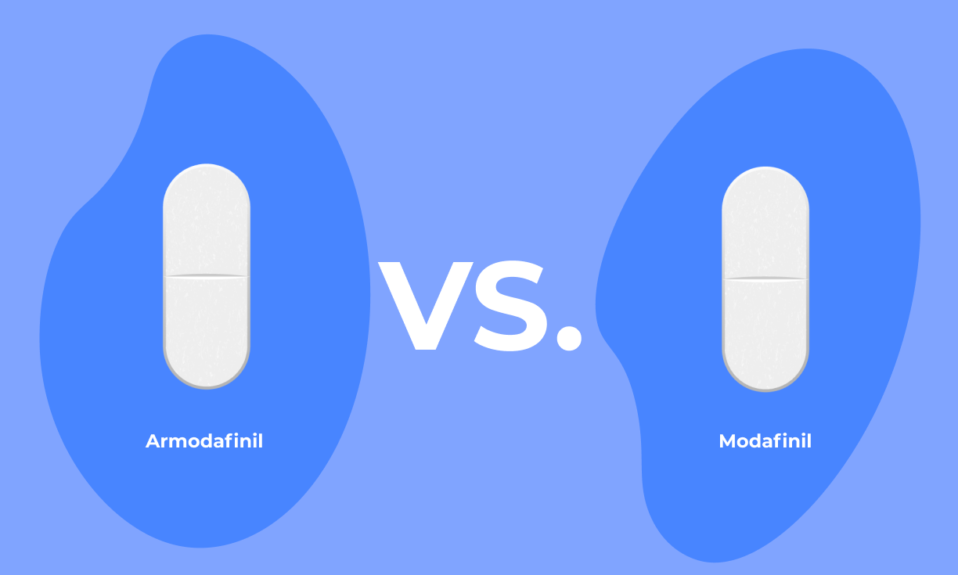Table of Contents Hide
- Introduction
- What Is Erectile Dysfunction?
- What Are The Common Causes Of Erectile Dysfunction?
- Can High Blood Pressure Cause Erectile Dysfunction?
- What Are High Blood Pressure Medications?
- Can Blood Pressure Medications Cause Erectile Dysfunction?
- Which Antihypertensive Drugs Or Beta Blockers Do Not Cause Erectile Dysfunction?
- Conclusion
- FAQs
- References
High blood pressure (hypertension) can be a major cause of erectile dysfunction (ED). Thirty percent or more of hypertensive patients complain of mild or moderate erectile dysfunction. In some studies, the number is as high as 60%. Men with high blood pressure are nearly twice as likely to have erectile dysfunction and impaired penile blood flow compared to men with normal blood pressure.
When you are sexually aroused, your brain sends signals to the nerves in and around the penis. These signals cause the blood vessels to relax and open up, allowing blood to flow into the penis, making it hard.
High blood pressure can damage your blood vessels throughout your body, including the blood vessels in or leading to the penis. They can become too narrow (called atherosclerosis), which restricts the blood flow through them causing impaired erections.
Many people with hypertension take medications to manage their blood pressure. Some high blood pressure medications may make erectile dysfunction worse, while other medications may actually help in managing erectile dysfunction. Here’s a look at these different medications, and their effects on erectile dysfunction.
Introduction
High blood pressure, also known as hypertension, is a common health condition among older, obese, and diabetic individuals. High blood pressure occurs when the systolic blood pressure rises over 140 mmHg while the diastolic pressure exceeds 90 mmHg. Pharmacotherapy plays a key role in managing hypertension and hypertensive symptoms. Common classes of these drugs are angiotensin-converting enzyme inhibitors, beta-blockers, and calcium channel blockers. Even though these medications are effective for treating hypertension, antihypertensive drugs are associated with a myriad of complications. One such complication is erectile dysfunction in men.
What Is Erectile Dysfunction?
Erectile dysfunction is referred to the persistent failure of an individual to achieve or sustain an erection adequate for sexual satisfaction. The health condition qualifies as erectile dysfunction when it lasts for a minimum duration of 6 months. The common manifestations of sexual dysfunction associated with erectile dysfunction are premature ejaculation and hypogonadism. Nationwide surveys reveal that approximately 18-30 million men of the total US population suffer from erectile dysfunction.
What Are The Common Causes Of Erectile Dysfunction?
Various underlying health conditions cause erectile dysfunction. However, erectile dysfunction may also be an alarming symptom of another co-existing health condition. The etiological factors of erectile dysfunction alter the blood flow in and out of the penis. Vascular and hormonal changes can influence blood flow. Vascular and hormonal changes are observed in obese, diabetic, and hypertensive individuals. Moreover, stress, anxiety, and other neurologic disorders are also associated with the onset of erectile dysfunction.
Can High Blood Pressure Cause Erectile Dysfunction?
High blood pressure disrupts the normal physiological processes essential for achieving and maintaining an erection. The effects of hypertension on the penile blood flow are listed down below.
- Hypertension promotes the degradation of smooth muscle cells of the penile vessels. The muscular part is replaced with collagen fibers resulting in a reduced ability of the blood vessels to accumulate blood during an erection.
- Hypertension impairs the ability of endothelial cells of penile blood vessels to release nitric oxide (NO). This substance is responsible for the dilation of the penile blood vessels during erection. Reduced production of NO also leads to erectile dysfunction.
- Hypertension is also associated with low testosterone levels in the blood. Testosterone is the primary male sex hormone responsible for numerous functions, including penile erection. Low testosterone levels are also linked with the onset of erectile dysfunction in hypertensive men.
What Are High Blood Pressure Medications?
The antihypertensive drugs are targeted at reducing blood pressure at different regulatory levels. The major classes of antihypertensive medications are listed as follows.
- Beta-blockers
- Diuretics
- Angiotensin-converting enzyme inhibitors
- Angiotensin II receptor blockers
- Calcium channel blockers
- Renin-inhibitors
- Alpha-adrenergic receptor antagonists
- Centrally acting antihypertensive agents
- Direct-acting vasodilators
Can Blood Pressure Medications Cause Erectile Dysfunction?
Certain classes of antihypertensive drugs are associated with erectile dysfunction in hypertensive men. These drug classes are thiazide diuretics, aldosterone receptor blockers, and beta-blockers.
- Thiazide diuretics include acebutolol, amlodipine, and doxazosin. These drugs cause erectile dysfunction by affecting smooth muscles in the penile vessels or hindering the function of catecholamines.
- Aldosterone receptor blockers include spironolactone and eplerenone. Even though these drugs mediate cardiovascular function, men have several adverse effects, including erectile dysfunction and gynecomastia.
- Different beta-blockers have varying effects on the onset of erectile dysfunction. Some beta-blockers have a significant association with this disorder, including atenolol, bisoprolol, and carvedilol. Atenolol consumption leads to a reduction in the concentration of testosterone and follicle-stimulating hormone in the blood, thus, giving rise to erectile dysfunction. Non-selective beta-blockers cause erectile dysfunction by acting directly on the vascular smooth muscle and causing vasoconstriction.
Which Antihypertensive Drugs Or Beta Blockers Do Not Cause Erectile Dysfunction?
Regardless of the association between the mentioned classes of drugs and erectile dysfunction mentioned in the previous section, not all antihypertensive medications cause erectile dysfunction. Medications that are relatively safe for erectile dysfunction are listed down below. These medications lower blood pressure by imposing a vasodilator effect on the vascular smooth muscles. This not only reduces the blood pressure in hypertensive patients but also may improve erectile dysfunction owing to the vasodilating effects.
- Angiotensin-converting enzyme (ACE) inhibitor
ACE inhibitors block the activity of the enzyme responsible for converting angiotensin I to angiotensin II. This class of drugs reduces angiotensin II and elevates the levels of bradykinin. Reduced angiotensin II leads to reduced vasoconstriction, whereas increased bradykinin leads to more significant vasodilation of the penile vessels. ACE inhibitors also lower blood pressure by reducing salt and water retention. Examples of ACE inhibitors include Capoten, Prinivil, and Zestril.
- Calcium channel blockers
Calcium channel blockers act on the L-type calcium channels and inhibit the influx of calcium ions into the vascular smooth muscle cells leading to vasodilation. Moreover, calcium channel blockers also activate nitric oxide synthase, an enzyme that catalyzes the formation of NO, resulting in vasodilation of penile vessels. Drugs included in this category are amlodipine and verapamil.
- Alpha-blockers
Drugs that block the alpha-2 adrenoreceptors effectively treat erectile dysfunction in hypertensive men. These drugs inhibit the contraction of the smooth muscles and promote vasodilation of the blood vessels. Examples of alpha-blockers are yohimbine and delaquamine.
- Angiotensin II receptor blockers (ARBs)
ARBs improve sexual function among hypertensive men. ARBs block the binding of angiotensin II with their receptors and reduce the vasoconstricting effects of angiotensin II. This reduces the risk of erectile dysfunction in men suffering from hypertension.
- Beta-blockers
Certain beta-blockers are associated with the resolution of erectile dysfunction in hypertensive men. Nebivolol is a beta-blocker that mediates the release of NO by vascular endothelial cells. NO causes vasodilation of the penile vessels and promotes penile erection.
Conclusion
Erectile dysfunction is one of the many complaints in men suffering from high blood pressure. Antihypertensive drugs may further aggravate the problem owing to their vasoconstricting effects. However, antihypertensive drugs that act by vasodilation are beneficial for minimizing the onset of erectile dysfunction. These drugs include ACE inhibitors, calcium channel blockers, alpha-blockers, ARBs, and certain beta-blockers.
FAQs
Can high blood pressure cause erectile dysfunction?
Yes, high blood pressure is a leading cause of erectile dysfunction. Chronic hypertension can damage blood vessels throughout your body, including the blood vessels in or leading to the penis causing erectile dysfunction.
Which high blood pressure medications help with ED?
ACE inhibitors like Prinivil, Calcium channel blockers like Amlodipine, Alpha-blockers, and Beta-blockers lower blood pressure by imposing a vasodilator effect on the vascular smooth muscles. This not only reduces the blood pressure in hypertensive patients but also may improve erectile dysfunction owing to the vasodilating effects.
Does ED medication increase blood pressure?
No, ED pills like Viagra act by relaxing smooth muscles to allow more blood flow to the penis. It causes blood vessels to open wider. This effect is called vasodilation, and it lowers blood pressure.
Can erectile dysfunction from high blood pressure be reversed?
Yes. If your erectile dysfunction is caused by high blood pressure, then lowering your blood pressure with healthy changes to your lifestyle or medications, could be enough to improve your erections without any other treatments.
What drugs stop you from getting an erection?
Certain kinds of hypertension medications can cause or worsen ED. The medications that fall in this category are thiazide diuretics, aldosterone receptor blockers, and beta-blockers.
References
- https://www.ncbi.nlm.nih.gov/pmc/articles/PMC5733954/
- https://pubmed.ncbi.nlm.nih.gov/26049386/
- https://www.sciencedirect.com/science/article/pii/B9780721602844500348
- https://jamanetwork.com/journals/jama/fullarticle/2576613
- https://www.dovepress.com/understanding-erectile-dysfunction-in-hypertensive-patients-the-need-f-peer-reviewed-fulltext-article-VHRM
- https://www.sciencedirect.com/science/article/pii/S1043661817308460
- https://journals.lww.com/co-cardiology/Fulltext/2015/07000/Antihypertensive_therapy_causes_erectile.13.aspx
